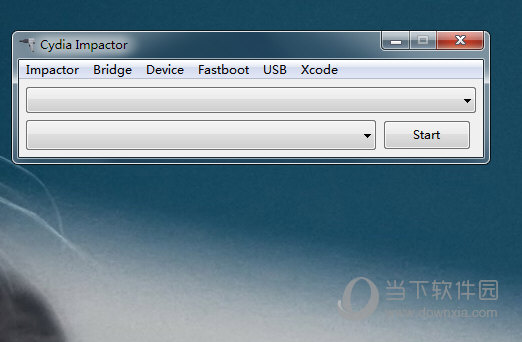

Users install these programs for purposes including personalization and customization of the interface by tweaks developed by developers and designers, adding desired features such as access to the root file system and fixing annoyances, and making development work on the device easier by providing access to the file system and command-line tools. Since software programs available through APT and or Installer.app (legacy) are not required to adhere to App Store guidelines, many of them are not typical self-contained apps but instead are extensions and customization options for iOS and its features and other apps (commonly called tweaks).

Jailbreaking permits the downloading of programs not approved by Apple, such as user interface customization and tweaks. In one case, Apple mistakenly banned an app by a Pulitzer-Winning cartoonist because it violated its developer license agreement, which specifically bans apps that "contain content that ridicules public figures." To access banned apps, users rely on jailbreaking to circumvent Apple's censorship of content and features. However, their reasons for banning apps are not limited to safety and security and may be regarded as arbitrary and capricious. Apple checks apps for compliance with its iOS Developer Program License Agreement before accepting them for distribution in the App Store. One of the reasons for jailbreaking is to expand the feature set limited by Apple and its App Store. 7.7.1 Digital Millennium Copyright Act exemptions.
#Redsn0w 9.15 b3 Patch#


 0 kommentar(er)
0 kommentar(er)
